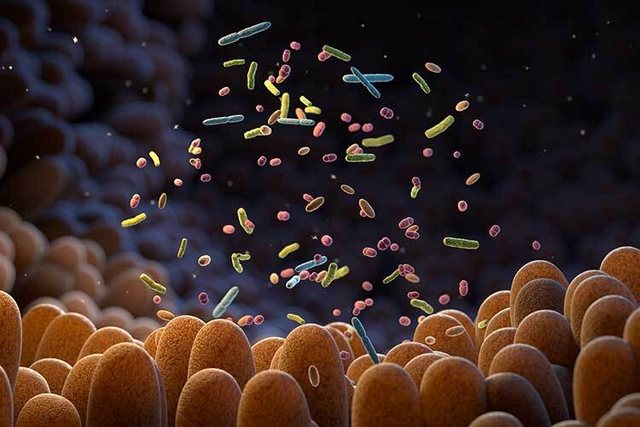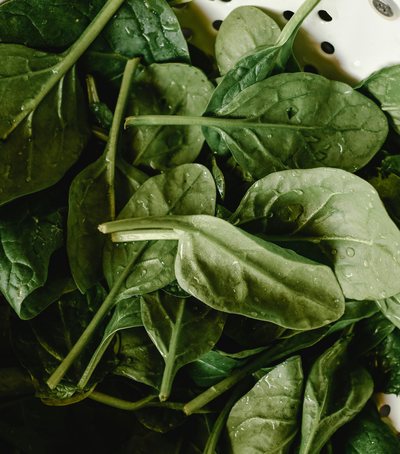
The human body is home to billions of microorganisms – bacteria, fungi and viruses – that together make up what we call the microbiome. Most of them are found in the gut, creating a complex ecosystem that modern science considers an “organ” in its own right. This invisible organ not only affects digestion, but is also closely linked to mental health, sleep, the immune system and even the way we make decisions.
The role of the microbiome in the body
This microscopic world communicates directly with the brain through the gut-brain axis, influencing our mood and emotions. A healthy microbiome is linked to better sleep, sustained energy, and stronger resistance to disease. Conversely, an imbalance is linked to chronic inflammation, depression, metabolic problems, and a weakened immune system.
Foods that nourish the internal ecosystem
The microbiome is extremely sensitive to lifestyle. To maintain its diversity and strength, nutrition plays a key role:
Fiber – found in fruits, vegetables, and whole grains – is the main “fuel” for good bacteria.
Fermented foods like yogurt, kefir, kimchi, or natural pickles provide probiotics that enrich the microbial balance.
Processed foods and excess sugars, on the contrary, harm this delicate ecosystem.
Also, physical activity, quality sleep, and stress management have a direct impact on the health of the microbiome.
Microbiome and longevity
Recent studies show that people who live to be 90 or 100 years old often have a rich and stable microbiome. Taking care of it, then, is not just a matter of daily well-being, but a key to longevity. A healthy gut means a stronger body and a calmer mind.
The microbiome, this “invisible organ” within us, is an asset that we often forget. By nourishing our internal ecosystem with healthy foods and a balanced lifestyle, we strengthen not only digestion, but also immunity, mood, and longevity. Caring for the microbiome is, in fact, caring for life itself.





